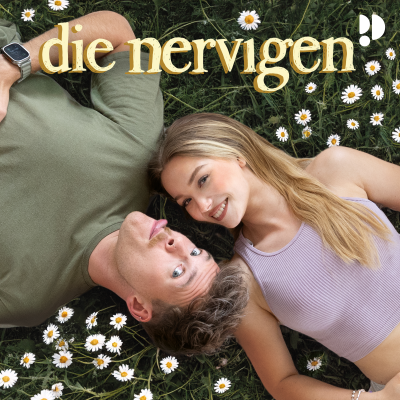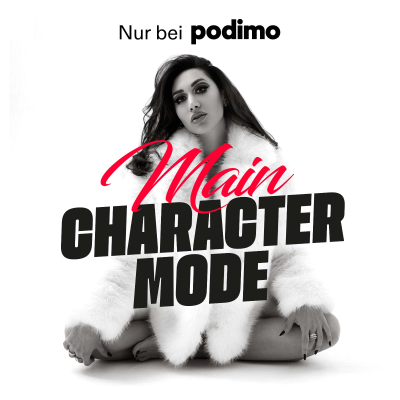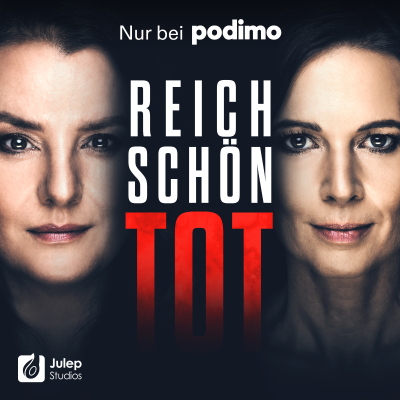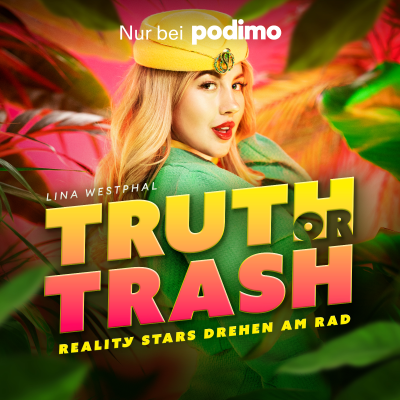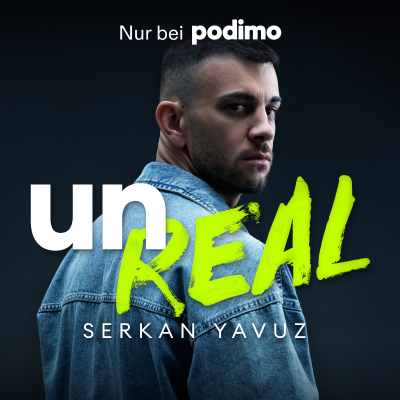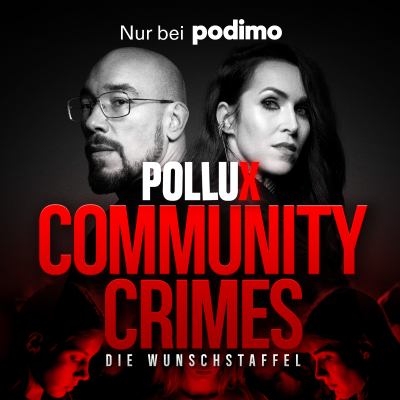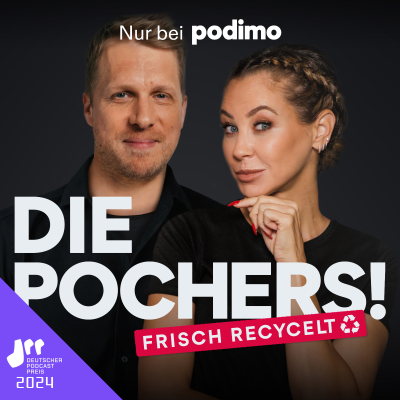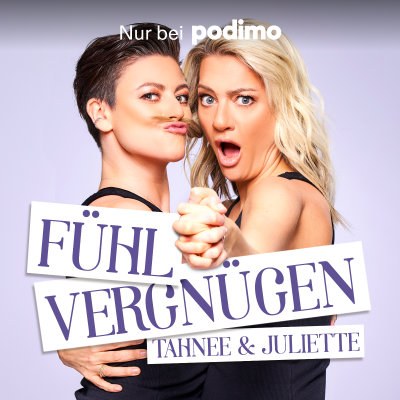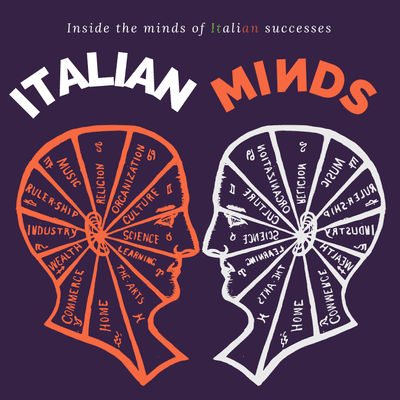
ITALIAN MINDS
Podcast von Italian Minds
Would you like to know the not so secret formula for success? It’s quite simple: listen to Italian Minds, the first podcast of its kind hosted by the Italian Societies of the most prestigious universities in the world: Harvard, Oxford, Cambridge, MIT, Yale, HEC Paris, St. Andrews and Westminster. Italian Minds weaves a narrative journey of prominent Italian figures who have an international outlook in the fields of business, politics, science, literature, and more. Each episode dives into the stories behind some of the Italian successes to learn from their experiences and reach great potential. Hear when they fail, struggle, succeed and uncover the habits, mindset and secrets that led them to success. By listening to Italian Minds you will find some space in your day to change your perspectives, ignite your curiosity and learn something new.
Nimm diesen Podcast mit
Alle Folgen
16 FolgenArmando Genazzani [https://www.linkedin.com/in/armando-genazzani-4245a215/]è Professore di Farmacologia all’Università del Piemonte Orientale e commissario dell’Organizzazione Mondiale della Sanità, dell’Agenzia Europea dei Medicinali e dell’Agenzia Italiana del Farmaco. Durante la pandemia di COVID-19 si è occupato del processo di regolazione dei farmaci e dei vaccini utilizzati nella lotta al virus. In questo episodio, il Prof. Genazzani parlerà di regolazione farmacologica e di sperimentazione vaccinale nel quadro dell’emergenza pandemica di COVID-19. In questo episodio tratteremo i seguenti temi: * (00:00) Introduzione di Andrea Amabile * (01:02) Presentazione del Prof. Armando Genazzani * (01:56) Dove nasce la passione per la Farmacologia? * (05:56) Dai laboratori di ricerca di Oxford e Cambridge alle task forces dell’Organizzazione Mondiale della Sanità, dell’Agenzia Europea dei Medicinali e dell’Agenzia Italiana del Farmaco. * (14:00) In che cosa il virus SARS-CoV-2 è unico? * (17:30) Pandemie a confronto: COVID-19 e AIDS/HIV * (21:13) Perché serve un vaccino contro COVID-19? * (24:00) Quando si è presa coscienza da parte della comunità scientifica e degli organi regolatori del farmaco europei del fatto che si stava andando incontro alla necessità di misure straordinarie? * (25:52) Perché è possibile fidarsi di un vaccino contro COVID-19 anche se è stato sviluppato così rapidamente? * (32:36) Perché esistono diversi tipi di vaccini contro COVID-19? Hanno tutti lo stesso rapporto beneficio/rischio? * (38:52) La stima degli effetti collaterali: la Medicina basata sull’evidenza. * (47:20) Curiosità e passione: come far convergere tanti impegni mantenendo alta la produttività? * (50:02) Cervelli ‘in viaggio’ * (59:19) Closing remarks Ci trovate su: * Instagram: https://www.instagram.com/italian.minds/ [https://www.instagram.com/italian.minds/] * LinkedIn: https://www.linkedin.com/company/italian-minds/ [https://www.linkedin.com/company/italian-minds/] * Facebook: https://www.facebook.com/italianminds.podcast [https://www.facebook.com/italianminds.podcast]
Dr Fasano [https://www.massgeneral.org/doctors/19184/alessio-fasano]is the chair of pediatric gastroenterology and nutrition at Massachusetts general hospital in Boston, associated with the Harvard Medical School. He is also the Director at the centre for celiac research and treatment. He is a key leader in the study of gut permeability. In this episode, we will talk about Dr Fasano’s work on the cholera vaccine, gut permeability and the discoveries that came along with this research. The topics that will be covered are: * (00:17) Introduction by Asya Wu * (01:20) Presentation of Dr Fasano by Emanuele Chisari * (02:46) Explanation of Dr Fasano’s research * (07:00) “What do you think will be the first areas that will be targeted for example by antibodies currently under clinical trials for zonulin? Would that be more focused on inflammatory bowel disease or diseases related to the gut, do you see a role of these therapies for other diseases?” * (14:00) “Do you think the microbiome is the missing link between diet and human health or is there much more to discover?” * (22:56) “What is your opinion when you have to work with children and young adults when food influences and its influence on the gut biome is both the problem and the solution of their condition?” * (28:35) Discussion on mistrust and scepticism on the microbiome in the biomedical field * (30:22) Insights into the question of what constitutes rigorous research and the growing relationship between mistrust and research * (37:41) Dr Fasano’s experience as an Italian ex-pat and his connection to Italy today Follow us on: * Instagram: https://www.instagram.com/italian.minds/ [https://www.instagram.com/italian.minds/] * LinkedIn: https://www.linkedin.com/company/italian-minds/ [https://www.linkedin.com/company/italian-minds/] * Facebook: https://www.facebook.com/italianminds.podcast [https://www.facebook.com/italianminds.podcast]
Jill Richards [https://english.yale.edu/people/tenured-and-tenure-track-faculty-assistant-professors/jill-richards] is an Assistant Professor of English at Yale University. In this episode, she will talk us through her work “The Ferrante Letters [http://cup.columbia.edu/book/the-ferrante-letters/9780231194570]”, written in 2020 alongside Sarah Chihaya, Merve Emre, and Katherine Hill. We will also understand how four women academics have forged their creative personas in an adventurous project born in the wake of the Ferrante Fever. In this episode, we will cover the following topics: * (00:17) Intro by Costanza Barchiesi * (01.45) Presentation of Costaza Barchiesi by Jane * (04:00) Presentation of Jill Richard by Costanza Barchiesi * (07:08) "Your book can be defined as the collection of a collaborative effort of four women who move in and out of a more strictly academic form of criticism. How would you define it in terms of genre and what does this do to the figure of the critic in general?" * (12:50) "Has the reception of Ferrante changed over time? And how can we frame it in an Italian versus international way?" * (17:23) "How did the book come about? In the introduction, you say that it started with “The Slow Burn” in journal Post45. https://post45.org/2015/06/the-slow-burn-an-introduction/ [https://post45.org/2015/06/the-slow-burn-an-introduction/] Why the title? Did you want to perhaps make Lenu’s (and Lila’s) anger your own in order to dig deeper into the books’ meaning?" * (21:15) "What is the issue with judging a book by its cover with Ferrante?" * (22:55) The Queer Counterfactual. "How did you get the main idea for the essay? Which critics inspired your idea? Do the chains of absent notebooks, absent dialect and absent Lila all add up to the translational quality of the novel itself? Does this translational quality, in turn, lend specificity to the queerness that you so well describe in your essay? Finally, do you think that the “queer counterfactual” could potentially be applied to any piece of literature or would you need a set of pre-requisites in order to apply this concept satisfactorily to a text?" * (31:59) Role-playing: reading the titular scene. * (37:56) Questions from the audience: how was it to write in a collaborative way? * (41:54) The humanities and collaborative work. * (43:55) Creative writing and research interests. Does creativity play a large part in research? * (49:03) Silvia Federici and reproductive labour for valuing academic work in alternative ways. * (53:32) Reading the book in translation and working on Ferrante as English scholars. Follow us on: * Instagram: https://www.instagram.com/italian.minds/ [https://www.instagram.com/italian.minds/] * LinkedIn: https://www.linkedin.com/company/italian-minds/ [https://www.linkedin.com/company/italian-minds/] * Facebook: https://www.facebook.com/italianminds.podcast [https://www.facebook.com/italianminds.podcast]
Beatrice Venezi [https://www.beatricevenezi.com/] is one of the youngest Orchestra's Conductors in Europe and in 2018 she was listed in Forbes 100 Under 30. She’s Principal Guest Conductor of the "Orchestra della Toscana", Chief Conductor of the "Orchestra Milano Classica" and one of the few women to conduct orchestras of international standing. In this episode, we talk about the classical music industry, leadership and gender equality. The episode will cover the following topics: * (1:50) The gender gap in the classical music industry and what can be done to reduce it. * (5:00) Practical steps women and men can apply to promote gender equality. * (8:16) What can be done to motivate young people to listen to classical music. Similarities between their interests and classical music. * (11:54) How travelling has shaped the way she looks at the world and her profession. * (14:19) The country that gave her the most (from a personal side) is and the one in which she feels more comfortable performing. * (16:10) Her leadership style and how she earns the trust of the orchestras she conducts. * (19:05) What a conductor does and how a person can start learning how to conduct an orchestra. * (23:57) How long she takes to put together a performance. * (28:03) The challenges she had to overcome in order to reach success. * (32:30) Where she sees the classical music industry in 30 years. * (36:04) What institutions and the government can do to promote classical music among young people. * (37:32) Teaching classical music in schools. * (38:08) The Sanremo Music Festival's debate. Gender equality and names of professions. Being referred to as Direttore (the male/gender-neutral form of the word "conductor") rather than Direttrice (the female form). * (42:35) The internationally of the great Italian classical composers. * (43:55) Sharing classical music across countries when being exposed to the world through social media and other digital means was not a thing. * (45:55) The projects she's currently working on and that are about to take place. * (47:13) Her debut in London. Links: Tour in the UK (16-31 July 2021): https://operahollandpark.com/producti... [https://www.youtube.com/redirect?event=video_description&redir_token=QUFFLUhqbFhJWl9tLWJWSUlHdnQ5QUVobVJwZnRLSVhiQXxBQ3Jtc0tramg1NXlqU1gyazBheFoyemxaQUdNd2ZLYS1YWElZdGZxc3VlZzFqYUh2SDNSajZLajVEOUplVm5wLWZBZ0ZwaUFxNkRGLTFfRjVub3BhQ3JhSncxWnhTUVFfS3VpLTVfNUpPWkhwbWJBc2FxR1BsQQ&q=https%3A%2F%2Foperahollandpark.com%2Fproductions%2Flamico-fritz-2021%2F] Book "Sorelle di Mozart": https://www.amazon.co.uk/sorelle-inte... [https://www.youtube.com/redirect?event=video_description&redir_token=QUFFLUhqblItdE1zdGg1aGtKdnBWVDhTQ2ZNRzFDSXo3UXxBQ3Jtc0tuVHNGcGFmY3R5cjNKTzNmS0N5Q2phMVJiR1JGVHpkc3JsR25LV0NrYXlhb0JLdFpFWGpudHZQOU42b1dmbjdfaFU4YnR1ZUtTTEtwczFnZ01vR01ldC1qQlZpdHQ1dnpWbU45bnIyb0N3TXJ5OWxCWQ&q=https%3A%2F%2Fwww.amazon.co.uk%2Fsorelle-interpreti-dimenticate-compositrici-musiciste%2Fdp%2F8851181276] Follow us on: * Instagram: https://www.instagram.com/italian.minds/ [https://www.instagram.com/italian.minds/] * LinkedIn: https://www.linkedin.com/company/italian-minds/ [https://www.linkedin.com/company/italian-minds/] * Facebook: https://www.facebook.com/italianminds.podcast [https://www.facebook.com/italianminds.podcast]
Carlo Ratti [https://www.linkedin.com/in/cratti/] is a Professor of Urban Technologies and Planning and Director of the Senseable City Lab at MIT and also the founding partner of the international design office Carlo Ratti Associati [https://carloratti.com/]. He will talk to Italian Minds’ listeners about how cities and workplaces will look like in the post-pandemic world and how these changes could help us rethink urban spaces in a more liveable and sustainable way. In this episode, we will cover the following topics: * (01:20) Who is Professor Carlo Ratti? * (04:12) What’s the future of workplaces? Strong ties vs. weak ties * (9:56) How universities should be restructured after the pandemic? Online or Offline? And which services should be provided? * (15:15) Challenges and Opportunities of the pandemic in future cities. Smaller offices, larger residential areas. * (20:00) How architects and urban planner can transform events like Olympics and Expos into opportunities to create a sustainable economy? * (23:00) The impact these events have on the nature of the cities * (25:00) How has the pandemic affected critical aspects of urban planning? Are there cities that were able to respond better to the pandemic? * (27:00) Impact of COVID- how Italians have responded to the pandemic * (29:40) What could have Italy done better? * (30:30) How can architects help in the transition to the most sustainable cities * (32:34) Cities becoming entities in the zero carbon emission * (33:30) Q&A * (34:30) Divided Neighbours and Different Incomes * (36:00) The Internet Revolution and Interconnected Cities * (40:00) Greetings Follow us on: * Instagram: https://www.instagram.com/italian.minds/ [https://www.instagram.com/italian.minds/] * LinkedIn: https://www.linkedin.com/company/italian-minds/ [https://www.linkedin.com/company/italian-minds/] * Facebook: https://www.facebook.com/italianminds.podcast [https://www.facebook.com/italianminds.podcast]
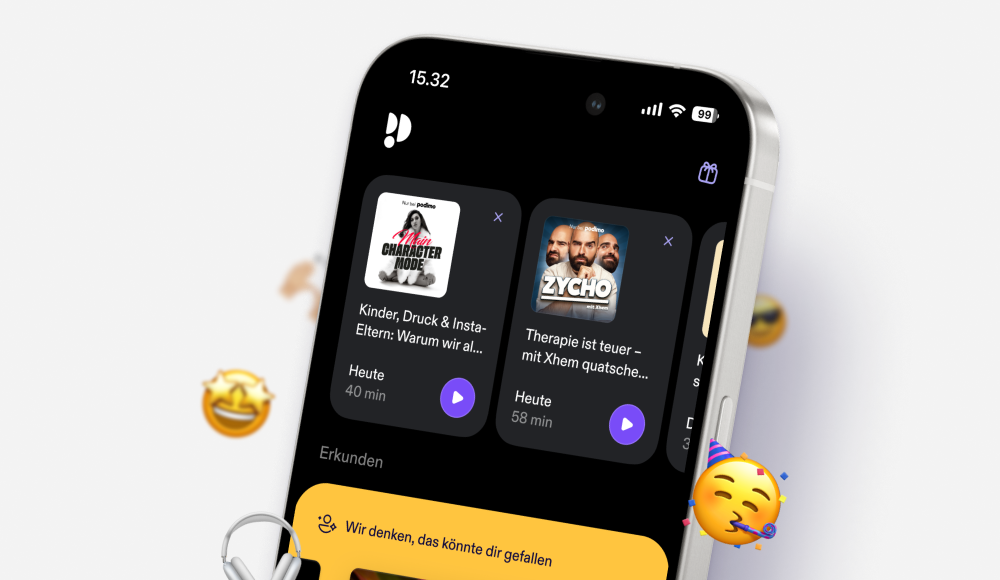
Hol dir die App, um deine Podcasts mitzunehmen
